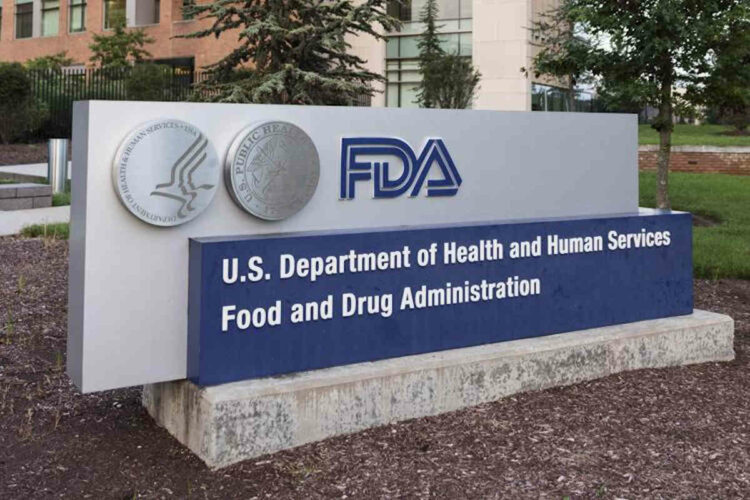Omicron variant, Fda limits the use of 2 anti Covid monoclonal mixes: They don’t work

The US regulatory body Fda has decided to limit the use of two anti-Covid monoclonal antibody mixes because “the data show that it is highly unlikely that these treatments are active against the Omicron variant” of Sars-CoV-2, “which it is circulating at a very high frequency in the United States ”.
This was explained by Patrizia Cavazzoni, director of the Fda’s Center for Drug Evaluation and Research. “In light of the most recent information and data available”, the Food and Drug Administration has therefore “reviewed the authorizations” for bamlanivimab and etesevimab (administered together) and for Regen-Cov (casirivimab and imdevimab). The indication now is to “limit its use only to the patient who is likely to have been infected or exposed to a variant susceptible to these treatments”, Cavazzoni clarified in a note, explaining that the intent is to guarantee, while the virus evolves, that “frontline health workers have the best tools available to treat patients”. “Since the data show that these treatments are highly unlikely to be active against Omicron, are not currently authorized for use in any US state, territory or jurisdiction. In the future, if in certain areas ”were to detect infections with“ a variant susceptible to these treatments, their use could be authorized in these regions ”. Sars-CoV-2, Cavazzoni continued, like other viruses “can mutate over time, and as a consequence some treatments do not work against certain variants, such as Omicron. This is the case with these two “monoclonal mixes” for which we are making changes today “. like other viruses “it can mutate over time, and as a consequence some treatments do not work against certain variants, such as Omicron. This is the case with these two “monoclonal mixes” for which we are making changes today “. like other viruses “it can mutate over time, and as a consequence some treatments do not work against certain variants, such as Omicron. This is the case with these two “monoclonal mixes” for which we are making changes today “.
The scenario in the US, “based on data from the Centers for Disease Control and Prevention (CDC)”, is characterized by an estimated presence of Omicron in “over 99% of cases in the United States as of January 15. Therefore, it is highly unlikely that Covid patients in the US today are infected with a variant other than Omicron and these treatments are not allowed to be used at this time – Cavazzoni argued – This avoids exposing sufferers to side effects from specific therapeutic agents. that they are not expected to provide benefits ”to those infected with Omicron. The FDA decision comes after the Covid-19 Treatment Guidelines Panel of the National Institutes of Health (Nih), an independent group of national experts, has recently spoken out against the use of these two monoclonal mixes due to significantly reduced activity against the Omicron variant and the fact that real-time testing to identify rare non-Omicron variants is not routinely available . “It is important to underline – however Cavazzoni specified – that there are several other therapies that should act against Omicron and that are authorized or approved for the treatment of patients with mild to moderate Covid, at high risk of progression to serious disease”.
The drugs listed by the expert are the antiviral pills “Paxlovid * and molnupiravir”, the monoclonal “sotrovimab”, the antiviral “remdesivir”. Cavazzoni finally recalled that the treatments “do not replace vaccination”, including recall, “for those who are recommended”. The FDA, he assured, “is committed to continuing to review emerging data on the potential impact of variants for all Covid therapies and to further review authorizations, if necessary, to ensure that healthcare professionals have an effective arsenal of treatments for patients “.






















+ There are no comments
Add yours